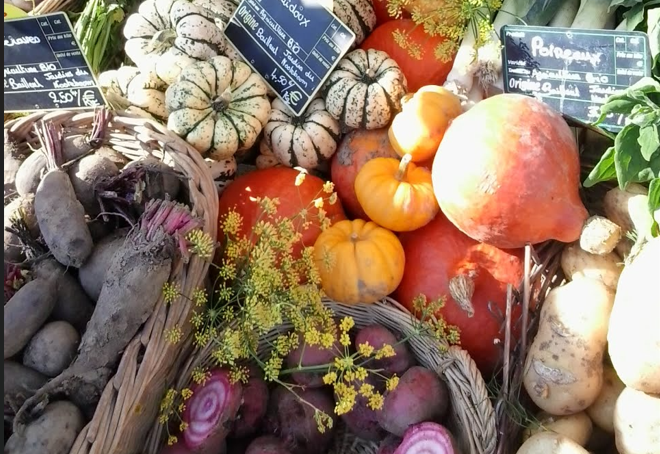Exploring methods to increase biowaste collection: key learnings

On 23 April 2024, the Policy Learning Platform hosted the first episode of the webinar series from waste to resource: biowaste collection and treatment.
During this first episode, we learned from inspiring solutions, good practices, guidance and recommendations backed by real-life examples from Interreg Europe projects.
Explore the recording, key learnings and presentations below.
Webinar agenda
The webinar has been designed and moderated by Magda Michaliková and Astrid Severin , Thematic Experts for a Greener Europe.
00:01:02 Introduction by Astrid Severin and Magda Michaliková
00:11:50 Presentation on how to best collect biowaste by Manon Jourdan, Implementation Officer at Zero Waste Europe, Belgium
00:28:00 Q&A: about the compostable bags you mentioned, we have seen that a lot of biowaste is being brought to biogas plants and it is difficult to treat them. So what are the best bags to be used in these cases?
00:30:59 Q&A: Is door-to-door feasible for high-population density areas?
00:35:34 Q&A: What is your thought on the common cliche that separating waste is a fuss and that municipalities are not ready for separating and recycling?
00:40:10 Presentation on Food waste collection (CORE) by Elin Elfström from the Municipality of Söderhamn, Sweden.
00:49:17 Q&A: What actions are implemented to convince the remaining households to take part in composting?
00:51:50 Q&A: does the waste management company totally pay for the brown bags? Is it coming from hidden fees?
00:53:56 Presentation by Kimmo Rinne from Salpakierto Municipal Waste Management Company (Finland) on Improving the collection of biowaste from detached houses (CECI)
01:11:29 Q&A: why were not you able to pitch this idea to the local authority and what were the main issues?
01:12:28 Experience from a peer review perspective by Ana Lopes, LIPOR (Portugal) on PAYT schemes and self-sustainable financing models for biowaste collection
01:25:01 Q&A: on treatment facilities, should we have them on a decentralised level or as close as possible to the origin of the waste?
01:28:11 Q&A: to what extent was the expansion of home community composting essential to Lipor's goal? What is precisely meant with the micro-digestor?
01:30:50 Concluding remarks by the panelists on the most urgent priorities for biowaste management.
Key learnings
- Biowaste makes for a half of municipal solid waste. Less than 40 million tonnes of municipal bio-waste are separately collected and processed into high-quality compost and digestate in Europe (ECN, 2022) ≤ 17% of bio-waste
- Free distribution of starter kits (kitchen caddy, compostable bags) improves the biowaste collection rates.
- Compostable bags make the collection easy and enhance the purity of the material, but can be an issue in biogas plants, therefore their use always depends on pre-treatment and the given collection and treatment system.
- Door to door collection systems deliver the best results.
- Incentive schemes and pay as you throw proved to be very good tools to promote and increase biowaste collection. Make bio-waste collection and treatment are cheaper than disposal into landfill or incineration.
- The collection should be as user friendly as possible.
- Citizen engagement and awareness raising is key. Informing people about the possibility to set up such system and start implementing it.
- The municipalities should lead by an example.
Presentation
Download the presentations below.